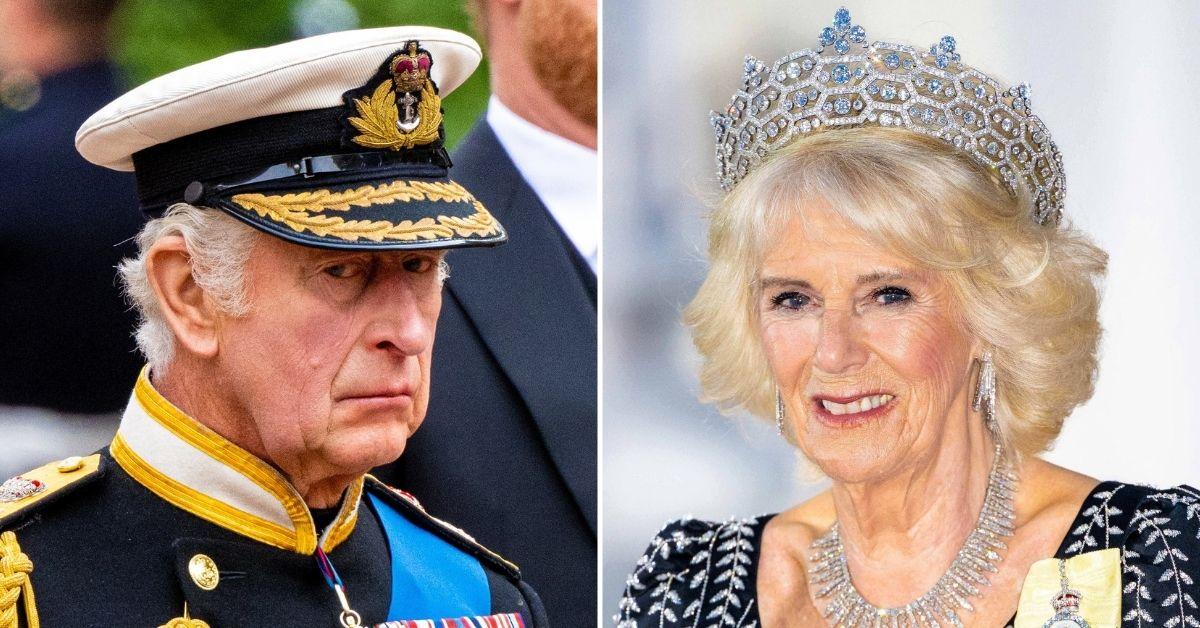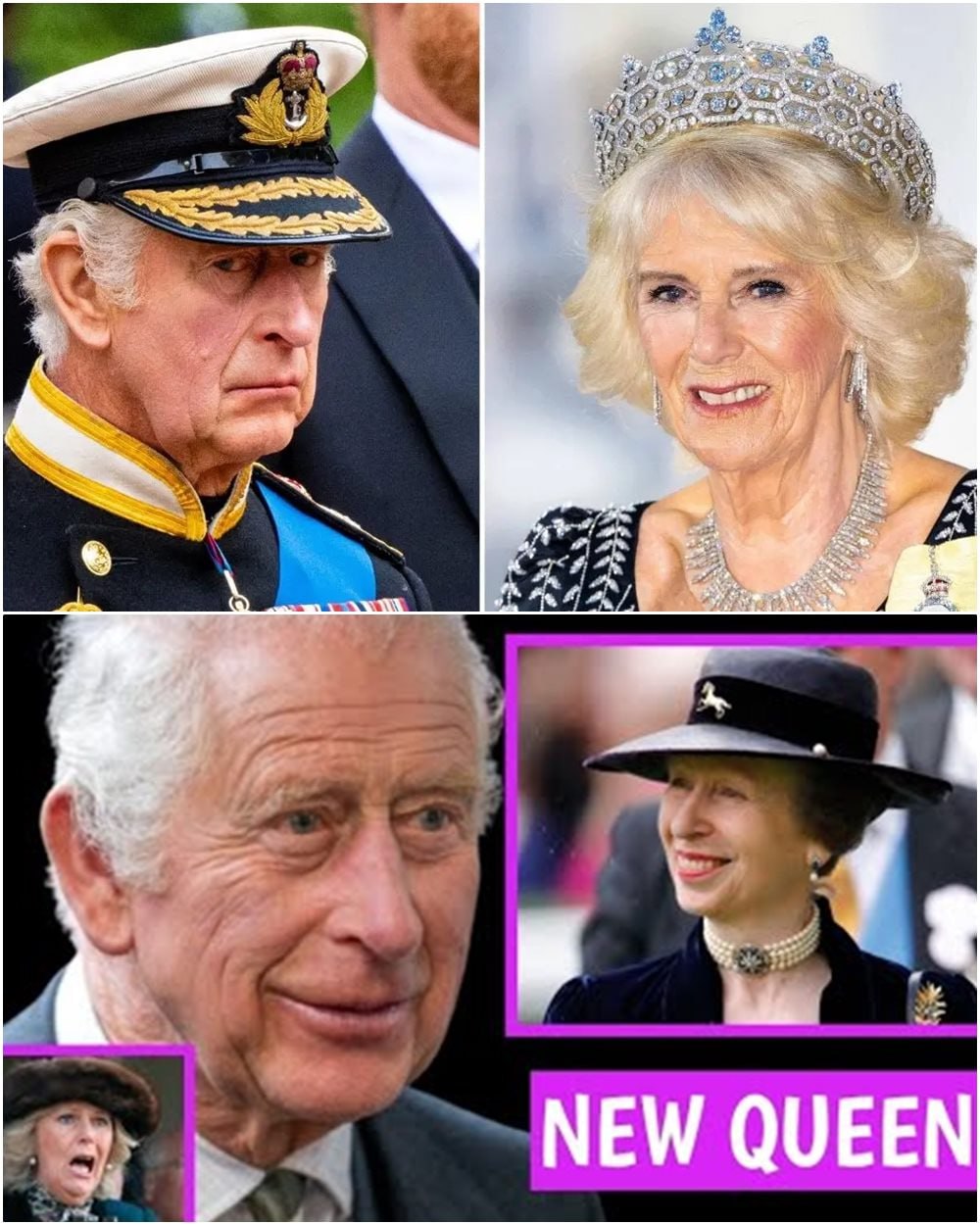In a stunning turn of events that has left the world abuzz, King Charles III has officially crowned Princess Anne as the new Queen of the United Kingdom.
This unprecedented decision comes amidst ongoing debates about the roles and responsibilities of the royal family, particularly in light of Camilla, the Queen Consort’s, public reception.
As the dust settles on this royal reshuffle, the implications for the monarchy, the public, and the future of British royalty are profound and far-reaching.
In a surprising move, King Charles III has crowned Princess Anne as the new Queen of the United Kingdom, a decision that has sparked debates about the royal family’s role and public perception. This unprecedented action aims to reshape the monarchy’s image amidst ongoing controversies and evolving societal expectations.
Princess Anne’s reputation as a dedicated and relatable royal contrasts sharply with that of Camilla, the Queen Consort, whose past controversies continue to color public opinion.
By choosing Anne for this prominent role, King Charles signals a desire for a more stable and relatable monarchy, one that aligns with contemporary values. This decision reflects an effort to modernize the institution and respond to increasing public scrutiny regarding its relevance in today’s society.

The coronation highlights Princess Anne’s commitment to public service and charitable work, resonating with the current emphasis on authenticity over traditional royal glamour.
Reactions from the public have been mixed, with many celebrating the shift while others express concerns about the implications for royal dynamics, particularly regarding Camilla’s position.
As King Charles III seeks to distance the monarchy from past scandals, the appointment of Princess Anne could solidify a legacy that addresses pressing global issues, including social inequality and climate change. This reflects a broader societal shift toward accountability and engagement, as the royal family navigates a landscape that demands modernization.
The reimagining of royal duties may lead to a greater focus on community engagement and charity work for Princess Anne, moving away from traditional ceremonial roles. This aligns with public demands for accessibility and a monarchy that actively participates in addressing contemporary challenges.
Ultimately, this decision marks a significant moment in the monarchy’s evolution, highlighting the ongoing tension between tradition and the need for relevance in a changing world.
